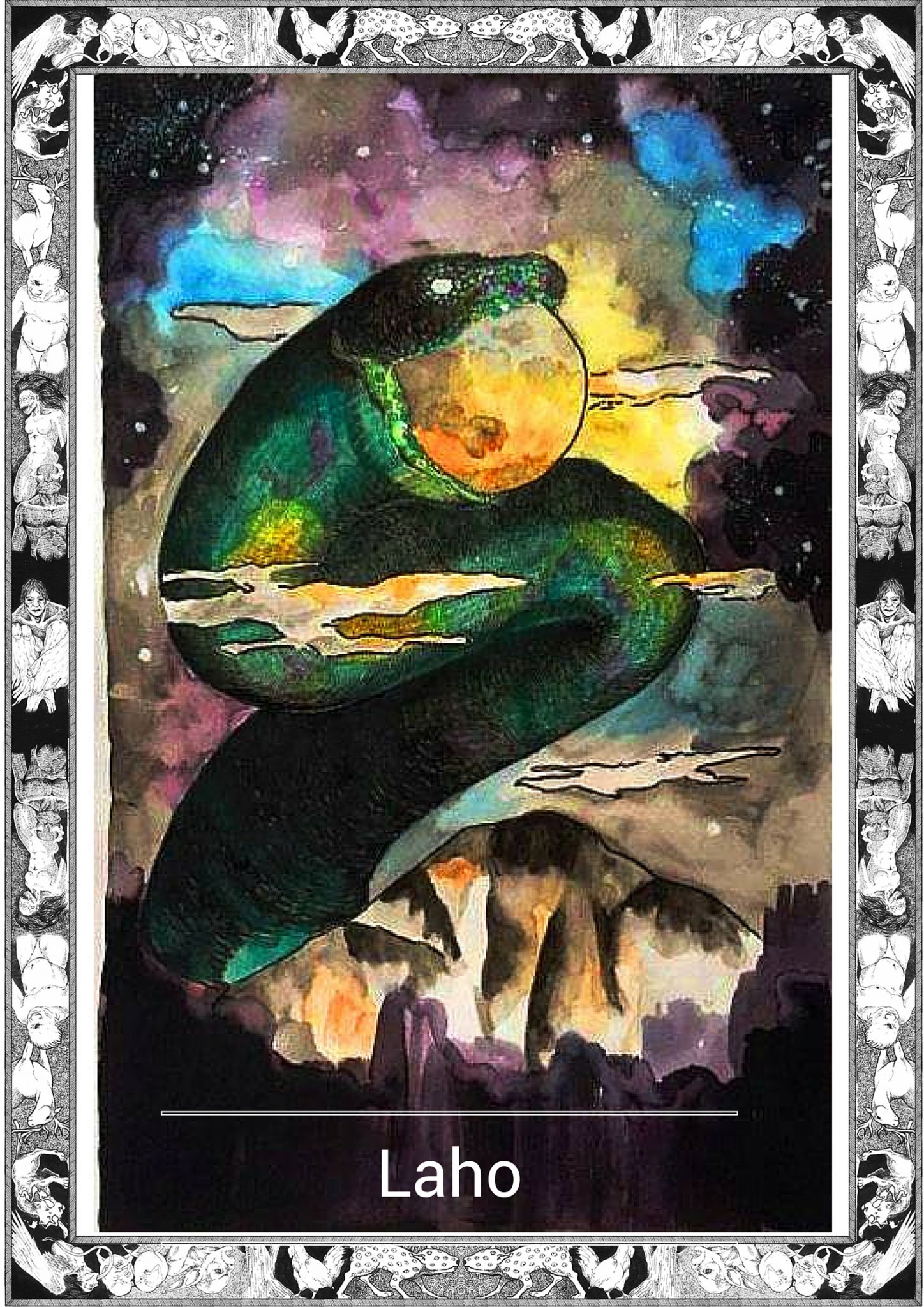
A lunar eclipse can only occur at full moon and only if the moon passes through the Earth’s shadow.
Of the three kinds of lunar eclipses a total lunar eclipse is the most striking. Supposedly it is when the whole moon passes through Earth’s umbral shadow. Only 35% of eclipses are total lunar eclipses. Lunar eclipses occur a few times per year.
During a total lunar eclipse indirect sunlight can still reach the moon. That sunlight has to first pass the Earth’s atmosphere which filters out most blue colored light leaving a bright red or orange glow. This red light refracts through Earth’s atmosphere and illuminates the moon. This is why a total lunar eclipse is sometimes referred to as a ‘Blood Moon’
Or so they say.
Take a telescope out during a Blood Moon and see for yourself. See how the stars seem to move out of the way when the eclipse occurs. How the movement of the light seems to flicker and fade almost as if there’s something else that the light is reflecting on.
If you’re lucky you might see the small bits of orange and yellow light move around in big dots. You’ll see them twist in a zig-zag pattern toward the moon. When the eclipse starts you might see the light dots stop and stay stationary for the whole duration of the eclipse. You’ll see the red light grow deeper and deeper and you won’t be able to look away.
There will be a feeling of déjà vu. Like you’ve seen this moment happen a hundred times before. You’ll feel a deep chill in your spine and for some reason you’ll be scared. You’ll think that’s ridiculous, it’s only an eclipse.
But be careful not to point your telescope directly above the Blood Moon.
You might see something looking back.
————————–
Written by Karl Gaverza
Copyright © Karl Gaverza
Story inspired by Laho description in The Soul Book. Demetrio & Cordero-Fernando 1991.
Laho Illustration by Leandro Geniston from Aklat ng mga Anito
FB: That Guy With A Pen
Watercolor by Catherine Chiu
FB: Wildling Child
IG: https://www.instagram.com/
